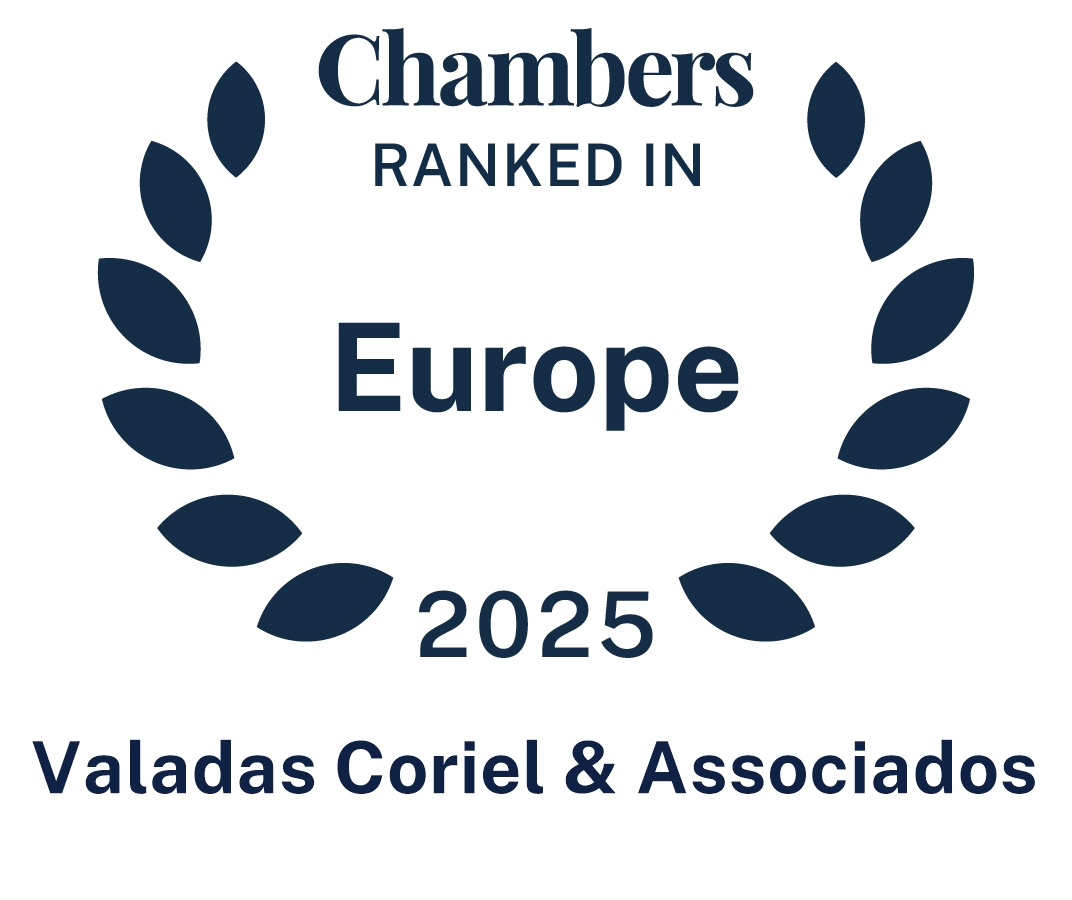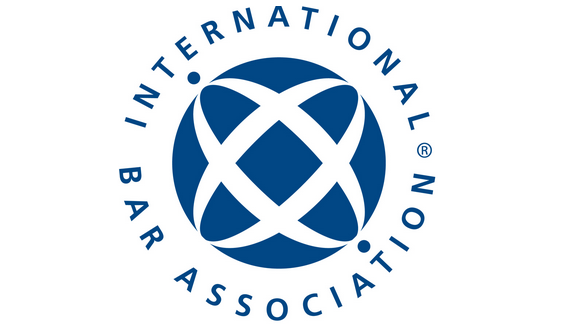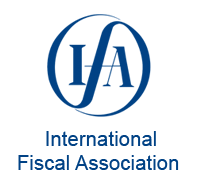According to Portuguese legislation, it is prohibited for a commercial company to provide real or personal guarantees for debts of other entities, as established in Article 6, paragraph 3 of the Portuguese Commercial Companies Code.
The practice of such an act would be considered an ultravires act, that is, an act performed beyond the corporate purpose of the company, as defined, for example, in its articles of association. Therefore, the practice of an ultravires act constitutes a void act, with all the legal consequences that nullity entails, especially regarding third parties acting in good faith.
Nevertheless, Article 6, paragraph 3 itself admits exceptions, allowing the establishment of such guarantees if there is a justified self-interest of the guaranteeing company or if there is a dominance or group relationship between the companies involved.
In summary, it can be inferred that if the guaranteeing company has a justified self-interest in the constitution of the guarantee in question or if it is in a group or dominance relationship with the beneficiary company of the guarantee, its constitution will be valid under applicable law, never being considered an ultravires act, nor suffering from any nullity.
Without waiving the above, it is also essential to highlight two provisions contained in the Commercial Companies Code, which restrict the establishment of guarantees by commercial companies:
- Article 322 of the Commercial Companies Code – Prohibition of granting loans or guarantees to third parties for the acquisition of shares representing their capital.
- Article 397 of the Commercial Companies Code – Prohibition of transactions between the company and its directors, for example, regarding granting them loans, credit, or making payments on their behalf.
In conclusion, the establishment of upstream guarantees appears as a feasible operation if carried out in accordance with Article 6, paragraph 3, of the Commercial Companies Code, constituting an important tool for financing and legal trade between commercial companies.













